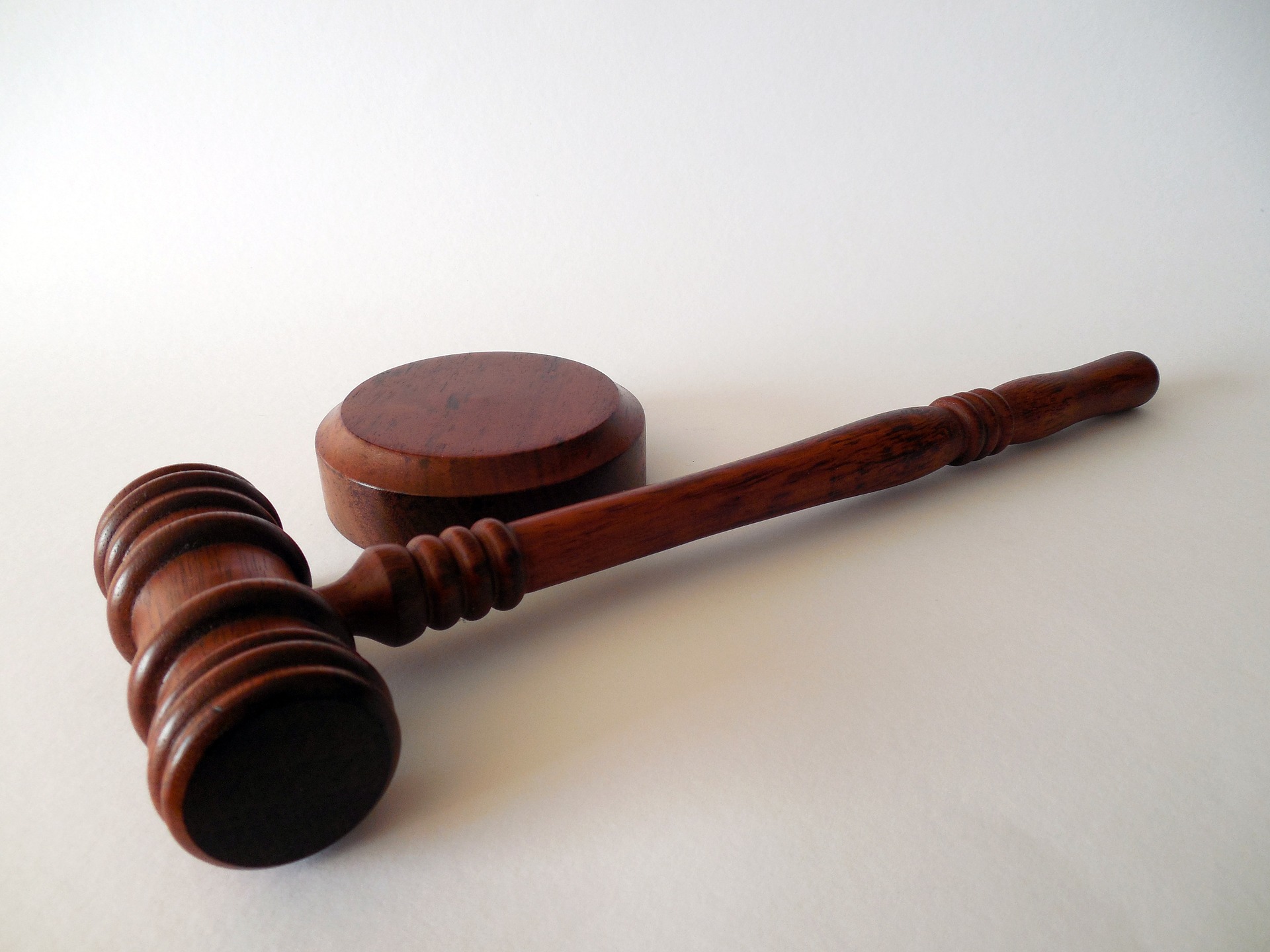The state of New Jersey holds strict drug laws. If a person is convicted of a drug offense in the state, they can face serious penalties that can impact them for the rest of their life. When facing cases within the criminal justice system, it can often be overwhelming. This is especially so when people are not sure how to defend their rights and future. It is because of this that it is critical to retain the services of an experienced New Jersey criminal defense attorney for assistance during this time.
What is Federal Drug Scheduling?
There are many different factors that go into the determination of drug charges. This includes what the substance is. The New Jersey Drug Controlled Dangerous Substance Act categorizes drugs in accordance with Federal Drug Scheduling. This is based on the drug’s degree of danger posed by their abuse. The schedule is as follows:
- Schedule I: These drugs have a high potential for abuse with either no accepted medical use or lack of safe use under medical supervision. Examples can include certain opiates and heroin. Marijuana is considered a Schedule I drug but maintains different rules. While medical marijuana was legalized in New Jersey in 2010, recreational use is still illegal.
- Schedule II: These drugs have a high potential for abuse but have some accepted medical uses, with restrictions. This can include certain opiates as well as drugs produced with coca leaves or extractions not containing cocaine.
- Schedules III through V: These drugs have a lesser potential for abuse than Schedule I and II drugs, although usage can have a degree of physical or psychological dependence. Schedule III can include amphetamines while Schedule V drugs can include a limited quantity of narcotic drugs such as codeine combined with non-narcotic substances.
Types of Drug Offenses in New Jersey
There are a variety of ways that individuals in New Jersey can violate the state’s drug laws. The most common drug charges and the consequences that follow them can include the following:
- Possession: Smaller amounts can result in charges based on personal use, while larger quantities may be seen as having the intent to distribute. The consequences of simple possession can include fines and jail time for up to five years. Larger possession can result in fines and up to 10 years in jail.
- Distribution: When a person gives a controlled substance to another party, the consequences can vary depending on the weight of the drugs and where it occurred. These charges can result in up to 20 years in jail for severe charges.
- Trafficking: When drugs are brought to New Jersey from another state, it is considered the most severe drug crime. Consequences can include life imprisonment without parole until the offender serves 25 years.
Contact our Firm
Kevin T. Conway is an experienced Bergen County criminal attorney handling DUI, DWI, traffic violations, violent crimes, sex crimes, illegal gun possession, shoplifting, and juvenile crimes. Attorney Conway is also experienced in commercial law matters, zoning law, and estate planning. If you need an aggressive criminal lawyer, contact The Law Office of Kevin T. Conway for a free consultation.
